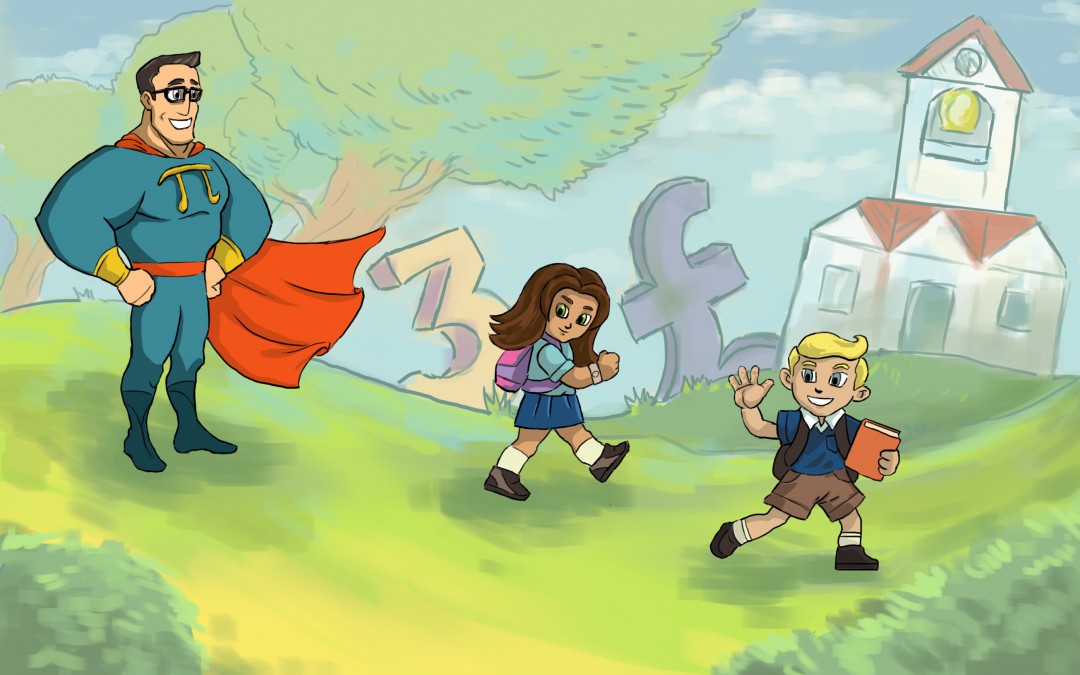It’s great when books tell stories about characters that we can relate to. It’s easy to imagine going on an incredible adventure with a hero who looks or talks or acts like us. And seeing that hero overcome obstacles and achieve amazing things can be inspiring, and can also boost self-esteem.
For this reason, it’s important that everyone can find book characters to relate to. Everyone deserves to feel good about themselves. Everyone deserves to see a hero that they feel resembles or represents them, and to be able to say, “Maybe I could do great things too, just like this character.” That’s why it’s so important that fiction gives a voice to children of all ages, races, genders, abilities and backgrounds. Seeing characters that resemble us actually helps to inspire us to try new things, because when we see someone like us going on an adventure or saving people or achieving a goal, we feel like we can do that too.
Autism is a commonly misunderstood mental condition that affects thousands of children in the UK. It’s a spectrum, meaning that there is a whole range of possible features that a child with autism might have. Which means that an autistic child reading a book about another child with autism might not see themselves in that character. And as we’ve mentioned before, doesn’t everyone deserve to be represented?
As autism is commonly misunderstood, it also makes sense that children’s fiction could be a fantastic way of helping people to learn about it. Children without autism can find out what life is like to live with the condition, and children with autism should also be able to have heroes that they feel resemble them. There are some awesome children’s books with autistic heroes already out there, but they only cover a small part of the spectrum. Children (and adults!) on other parts of the spectrum deserve to see themselves in books, just as children without autism already do, because everyone deserves to feel like they can do anything.

